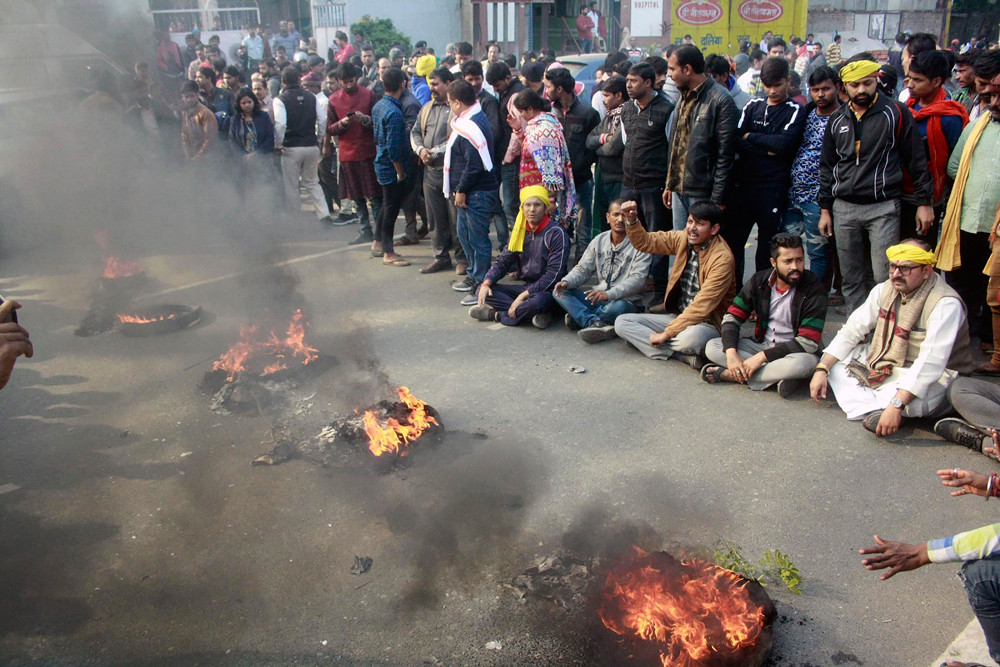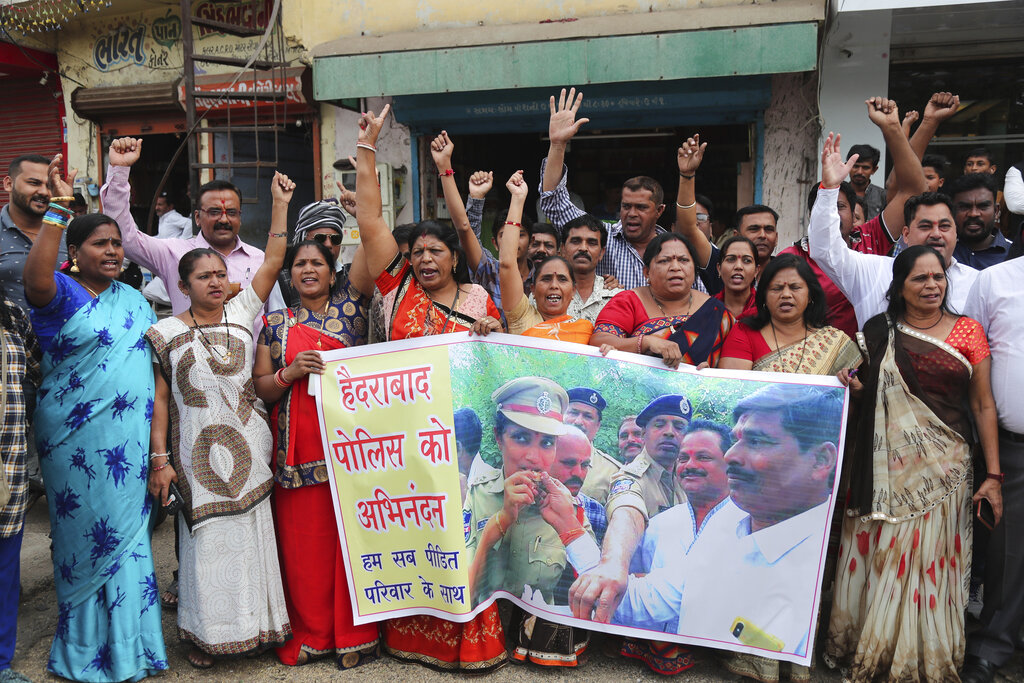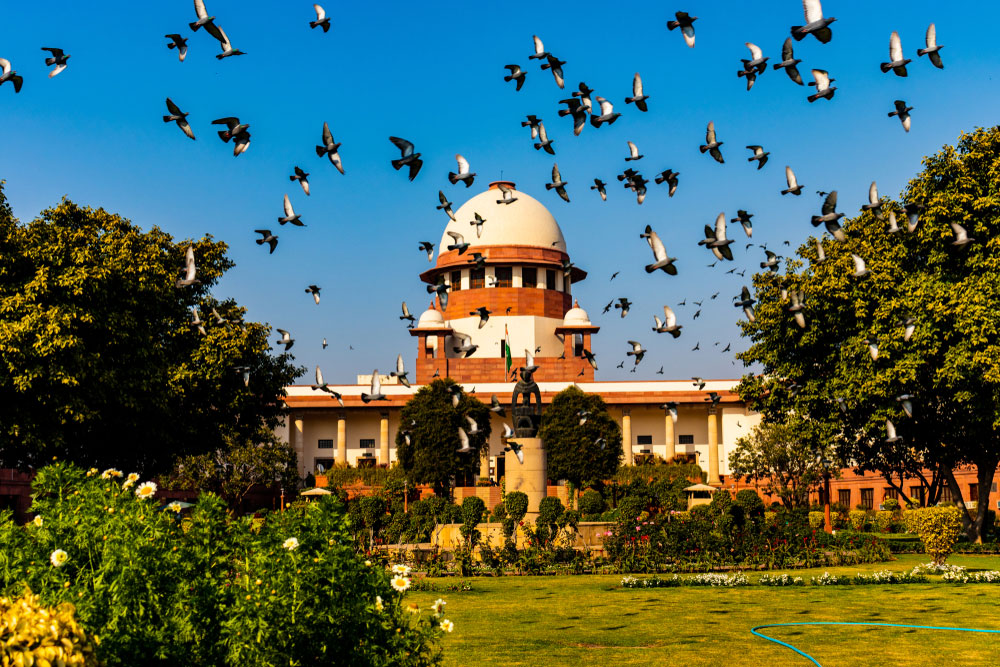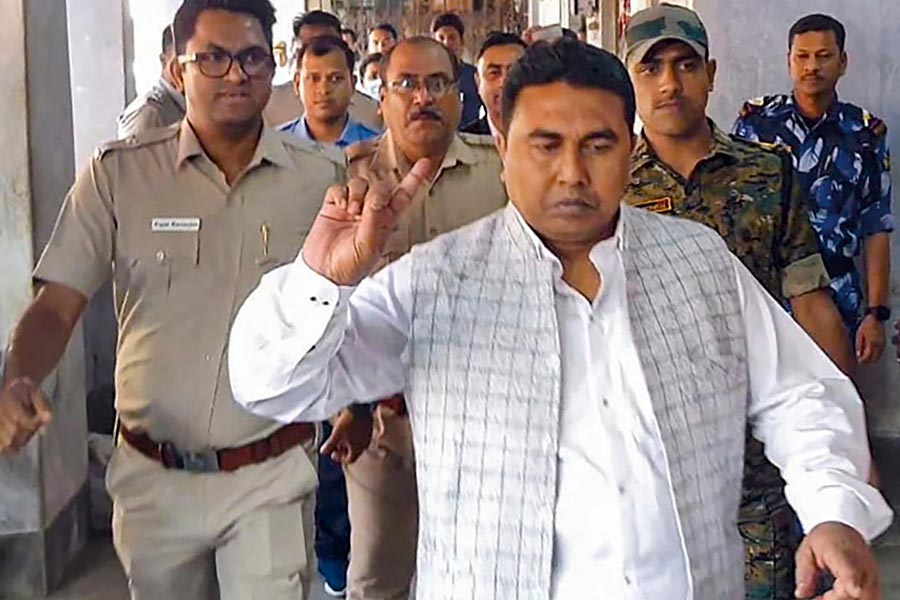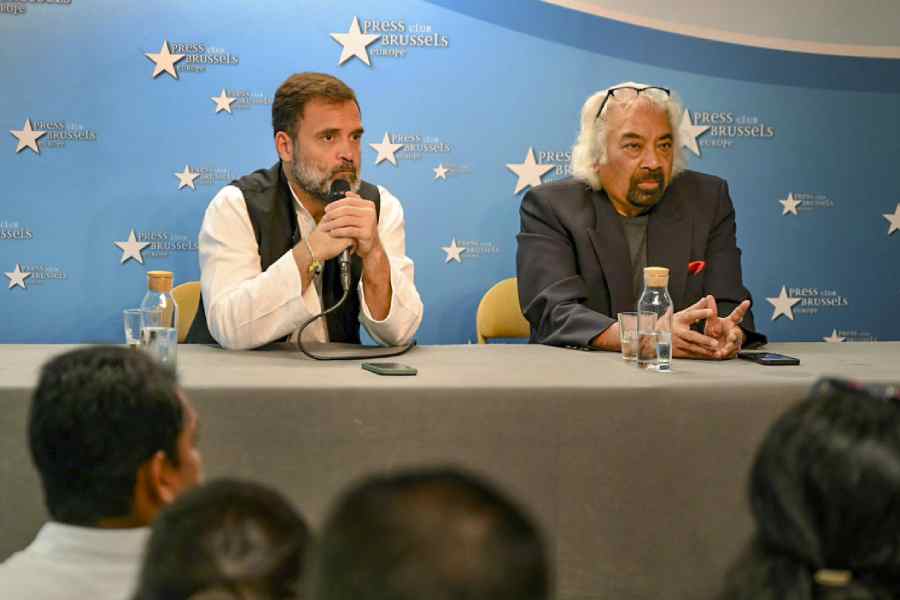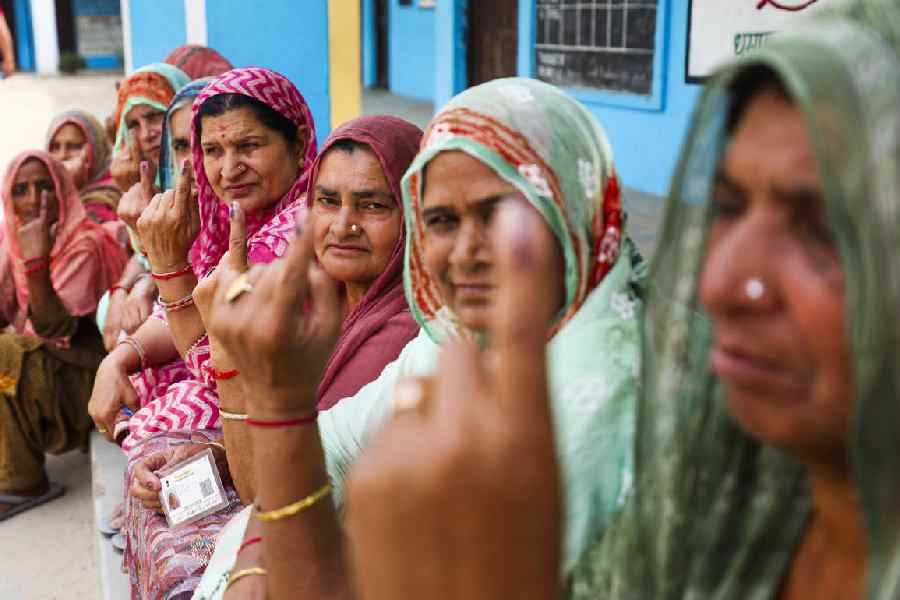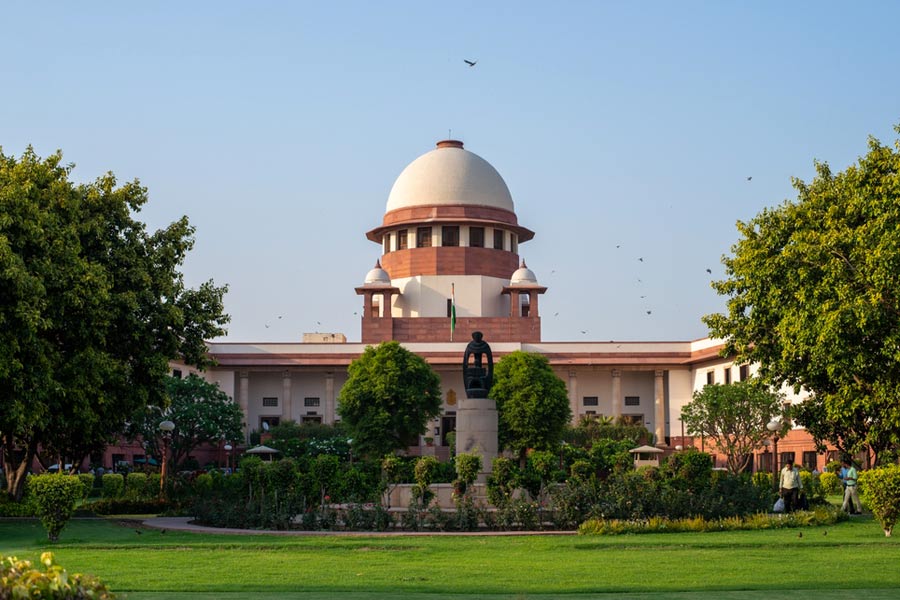Speed is desirable, not haste. The Andhra Pradesh Disha bill, now the Andhra Pradesh Criminal Law (Amendment) Act, 2019, was rapidly enacted in response to the countrywide outrage over the gang rape and murder of a veterinary doctor on the outskirts of Hyderabad. As if to match this speed, the legislation inscribes it as one of its features, together with an aspiration to clarity, both of which are crucial to cases of rape. The new law asks for facts to be collected in seven days and the trial completed in 14 working days, if there is adequate conclusive evidence. This is the speediest process envisaged so far for a rape case, even with the understanding that crucial evidence of sexual assault is best collected as early as possible. But speed should not be confused with haste. While a case of sexual violation should not be prolonged, there must be a reasonable time to collect facts and organize the evidence to make the prosecution effective. Only then will a speedy trial, if the court in question is functioning at full capacity, be expected to deliver justice. Is the ideal speed practical too? This is a country where the police have repeatedly demonstrated unwillingness to follow up rape accusations with seriousness, and where conviction rates are abysmal. This is also a country where politicization reigns; can hurried trials inspire trust? It should not be forgotten that the four accused in the ‘Disha’ case were gunned down by the police in a strange encounter of the Indian kind. And a chief minister declared that there was nothing wrong in this. How could the evidence be judged ‘conclusive’ if no trial had taken place?
The new law is marked by haste. The haste to be popular. It decrees capital punishment for rape, although both experience and research suggest that it is counter-productive: it reduces conviction rates while encouraging the murder of the victim. Does the Andhra Pradesh government really want to catch the criminals, or is the law meant to offer, indirectly, loopholes for rapists? It appears to be admirable, again, that the government has decided to make public a digitized list of known sexual offenders. However civilized this sounds, in a country where framing and victimizing the helpless are so easy, this decision, too, does not seem to have been thought through.

